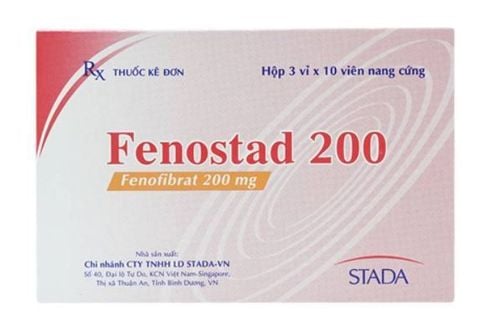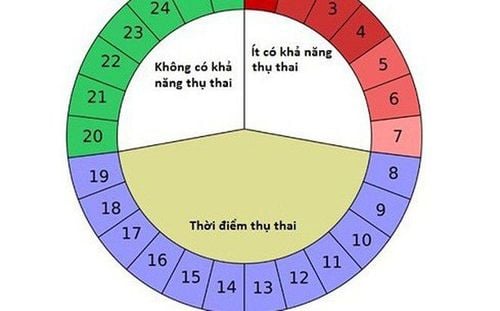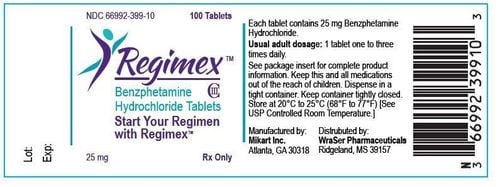This is an automatically translated article.
Weight loss is often applied by restricting calories. However, restricting calories too much can lead to many health problems, including decreased fertility and weaker bones. The article describes 5 possible harms of calorie restriction and helps you determine the right calorie deficit for you.
1. Calorie needs of the body
A calorie is defined as the amount of heat energy required to raise the temperature of one gram of water by 1°C. However, a calorie is often thought of as a unit of measurement for the amount of energy the body receives from food and beverages. you consume.
Calories required by the body to function and use to maintain three main processes:
Basal metabolic rate (BMR): The number of calories needed to cover basic functions, including normal functioning of the brain, kidneys, heart, lungs and nervous system. Digestion: the process that takes place with the consumption of calories and the metabolism of the foods you eat. This process is known as the thermic effect of food (TEF). Physical activity: This process takes care of the number of calories needed to fuel your daily tasks and exercises. In general, eating more calories than your body needs will cause you to gain weight, mostly in the form of body fat. Using fewer or fewer calories than your body needs can lead to weight loss.
This concept of calorie balance is supported by scientific studies, which is why people who want to lose weight often try to limit their calorie intake. However, restricting calories can be harmful to health in a number of ways.
2. How calorie restriction can be harmful to the body
2. 1. May decrease metabolism Regularly adopting a calorie-restricted diet more than your body needs can slow down your metabolism. Some studies show that a low-calorie diet can reduce the number of calories the body burns by up to 23%.Furthermore, this lower metabolism can persist long after the calorie-restricted diet is stopped.
In fact, researchers believe this lower metabolism may partially explain why more than 80% of people gain weight after they quit a calorie-restricted diet. One of the ways that a calorie-restricted diet slows down your metabolism is by causing muscle loss.
This loss of muscle mass is especially likely to occur if a calorie-restricted diet is low in protein and not combined with exercise. To limit the impact of a weight loss diet on your metabolism, make sure you never eat fewer calories than you need to maintain your basal metabolic rate (BMR). Increasing the protein content of your diet and adding resistance training to your workout routine can also help.
2. Can cause fatigue and nutrient deficiencies Regularly eating fewer calories than your body needs to perform daily activities can cause fatigue and make it difficult to meet daily nutritional needs yours. For example, a calorie-restricted diet may not provide adequate amounts of iron, folate, or vitamin B12. A lack of these compounds can lead to anemia and fatigue. In addition, the number of carbs used in the daily diet may play a role in the signs of fatigue.
Some studies show that a calorie-restricted, low-carb diet can cause feelings of fatigue in some people. However, a few studies have found that a low-carb diet can reduce fatigue. Therefore, these signs may depend on each specific case.
Calorie-restricted diets can also limit other nutrients, including:
Protein: Not eating enough protein-rich foods like meat, fish, dairy, beans, peas, lentils, nuts and seeds can cause muscle loss, thinning hair and brittle nails. Calcium: Inadequate levels of calcium in foods such as milk, green vegetables, calcium-containing tofu, and fortified milk can reduce bone strength and increase the risk of fractures. Biotin and thiamin: These two compounds are often found in whole grains, legumes, eggs, dairy, and nuts, and when used inadequately, can limit the absorption of two types of B vitamins. This in turn leads to muscle weakness, hair loss, and scaly skin. Vitamin A: Inadequate levels of vitamin A in foods such as organ meats, fish, dairy, green vegetables or orange fruits and vegetables can weaken the immune system and lead to permanent eye damage far. Magnesium: Inadequate intake of magnesium-rich whole grains, nuts, and greens can cause fatigue, migraines, muscle cramps, and irregular heartbeats. To prevent fatigue and nutrient deficiencies, avoid excessive calorie restriction and make sure you eat a variety of minimally processed, whole foods.
2. 3. May reduce fertility Practicing excessive calorie restriction can negatively affect fertility, especially true for women, as ovulation function in women depends on hormone levels. More specifically, an increase in estrogen and luteinizing hormone (LH) levels is required for ovulation to occur. Studies have shown that LH hormone levels will depend in part on the number of calories available in a woman's diet.
Accordingly, studies show that reproductive function is inhibited in women who eat 22–42% less of the calories needed to maintain their weight.
Inadequate calorie intake can also reduce estrogen levels, which are thought to have negative long-term effects on bone and heart health.
Signs of reduced fertility may include irregular menstrual cycles. However, subtle menstrual disorders may not have any symptoms, so they may require a more thorough medical examination to be diagnosed..
Researchers believe that calorie restriction Severe cases can also affect male reproductive function, but there is little research on this topic.
2. 4. May weaken bones Consuming too few calories in the daily diet can weaken bones. The reason may be that calorie restriction leads to decreased levels of estrogen and testosterone. Low levels of these two reproductive hormones are thought to decrease bone formation and increase bone breakdown, leading to weaker bones. Also, calorie restriction, especially when combined with exercise, can increase stress hormone levels. This can also lead to bone loss.
Bone loss is especially troublesome because it is often irreversible and increases the risk of fracture.
2. 5. May decrease immune function Limiting calories to your daily needs may increase your risk of infection and disease. This applies to viruses like the common cold and seems to be especially true when it is associated with high levels of physical activity. Several studies have compared athletes in sports that focus heavily on toning, such as boxing, diving, etc., with those in less weight-focused sports. body volume. The researchers found that athletes in sports that require good weight management often try to lose weight and need to lose almost twice as much weight as they did three months earlier.
Or with another study done in taekwondo athletes who were dieting to lose body weight in the week before competition had decreased immunity and increased risk of infection.
The effects of calorie restriction in people who don't exercise are less clear, and more research is needed before definite conclusions can be drawn. Calorie needs will vary from person to person as they depend on factors such as age, sex, height, current weight, and physical activity level.
Determining the right number of calories for you will reduce the possibility of negative health consequences. The simplest method for effective calorie reduction consists of three simple steps:
Determine your BMR: Use this online calculator to estimate the minimum number of calories your body needs each day. Estimate Daily Needs: Use this online calculator to estimate how many calories you need to maintain your current body weight. Determine your calorie needs for this daily activity and your calorie reduction goals for weight loss: If your goal is weight loss, aim for a daily calorie intake that falls somewhere between the amount needed for maintenance. BMR. For a healthy weight loss process, it's best to stay away from diets that require strict calorie restriction. However, choose a diet that focuses on quality and encourages sustainable lifestyle changes.
Please dial HOTLINE for more information or register for an appointment HERE. Download MyVinmec app to make appointments faster and to manage your bookings easily.
Reference source: healthline.com












